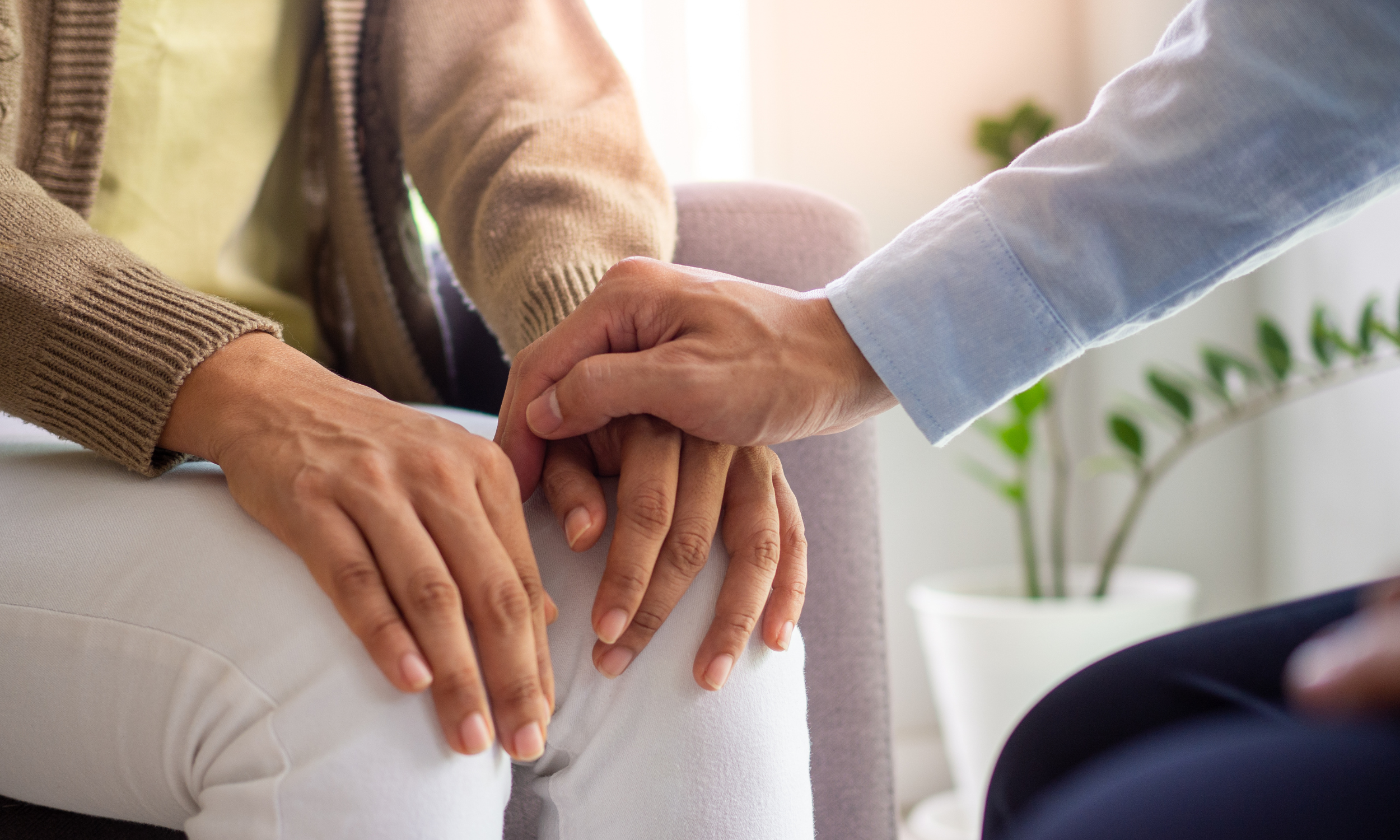Although mental health awareness has increased dramatically in recent decades, there’s still a stereotype that certain mental health difficulties, such as depression, don’t really affect men. A 2018 analysis comparing the rates of depression in men and women in the United States showed that women were twice as likely as men to meet criteria for major depression.On the surface, facts like these can be seen as supporting the argument that depression is not a men’s issue.
However, a closer look shows that depression can seriously impact men’s mental health, but this reality is often masked by the specific risk factors, symptoms, and treatment barriers experienced by men. Understanding the nuances of how men can experience depression is crucial to identifying it and getting the right help.
Risk factors for depression in men
Certain social factors that can contribute to depression, and when combined with the expectations of conventional male gender roles and ideas of masculinity, they pose an amplified risk to men. For example, men are more likely to be lonely than people of other genders, especially in older age and social isolation can trigger or worsen depression.
Stressors such as work/life balance or showing up well as a family member are wrongly assumed to not bother men, leaving men without a venue to seek support with these challenges. Men may feel particular stigma about sensitive, painful topics – such as experiencing childhood abuse or struggling to relate healthily to sexuality – leading them to shut others out and bear these difficulties on their own.
BIPOC, LGBTQ, and disabled men can be impacted by microaggressions suggesting their masculinity is flawed or inferior, due to the dominant culture that centers the experiences of white, able-bodied, cisgender, and heterosexual men. This in turn can cause a diminished sense of identity, leading to depression.
Because the struggles men experience with these risk factors are often overlooked, the signs of depression that follow are more likely to be missed.
Signs of depression in men
In popular culture, depression is often thought of as extreme sadness, and perhaps tearfulness, bringing one to lean on others for support. This view is limited and not necessarily accurate for people of any gender, but is noticeably different from the way many men experience depression.
Men who are depressed are more likely to show up as irritable than sad, or experiencing unexplained tiredness and difficulty sleeping. Subtle changes such as not keeping up with family and friends and dropping the ball on responsibilities may be chalked up as “just the way men are”, instead of being acknowledged as signs of depression.
Men who are depressed can also become more controlling and abusive in their relationships with others. While this behavior can never be condoned, it may be indicative of an underlying mental health problem.
New fathers can experience postpartum depression, despite the common assumption that postpartum depression can only affect the gestational parent. For men, postpartum depression is more likely to involve outbursts of anger and aggressiveness, physical manifestations such as digestive issues or body pains, or alcohol and/or drug abuse.
Compared to women, men are less likely to share their thoughts of suicide but more likely to die by suicide. It’s important to take discussions of suicide seriously and seek treatment or emergency resources right away.
Barriers men face to mental health treatment
Although as many as 1 in 10 men may experience depression, fewer than half receive appropriate mental health treatment, in part because of the failure to recognize men’s symptoms.
Traditional male gender roles and ideas of masculinity can also work against men’s best interests. Hyperindividualist messages that men should be able to cope on their own can make men feel ashamed about asking for help. The confines of toxic masculinity that suggest experiencing emotions is weak and somehow “feminine” creates a culture of shame around talking about emotions at all.
Although it’s not always necessary to have a therapist who shares your identity, men who strongly prefer a male therapist have fewer options – only 25% of therapists in the United States are men.
Bringing it out in the open
Men who experience depression can greatly benefit from accurate information about what they’re experiencing and support from loved ones who understand. They can also benefit from spaces and connections that unpack and discard outdated rules about gender and harmful ideas about masculinity.
The right therapy can be transformative for men who experience depression. For those who are reluctant to dive into therapy, I often suggest giving a brief course of solution-focused treatment a try. Evidence shows that zeroing in on specific issues that are bothering you and tackling the thoughts, feelings, and behaviors connected to those issues for 16 weeks is highly likely to bring at least some relief.
Learn more by booking a free consultation with me – you can click the button below to schedule a time to learn about my therapy practice and hear more about how treatment can help.
If you are feeling suicidal, thinking about harming yourself, or are concerned that someone you know may be in danger of harming themselves, call the National Suicide Prevention Lifeline at 1-800-273-TALK(8255) or reach out to your nearest emergency room.
 Add Row
Add Row  Add
Add 



Write A Comment